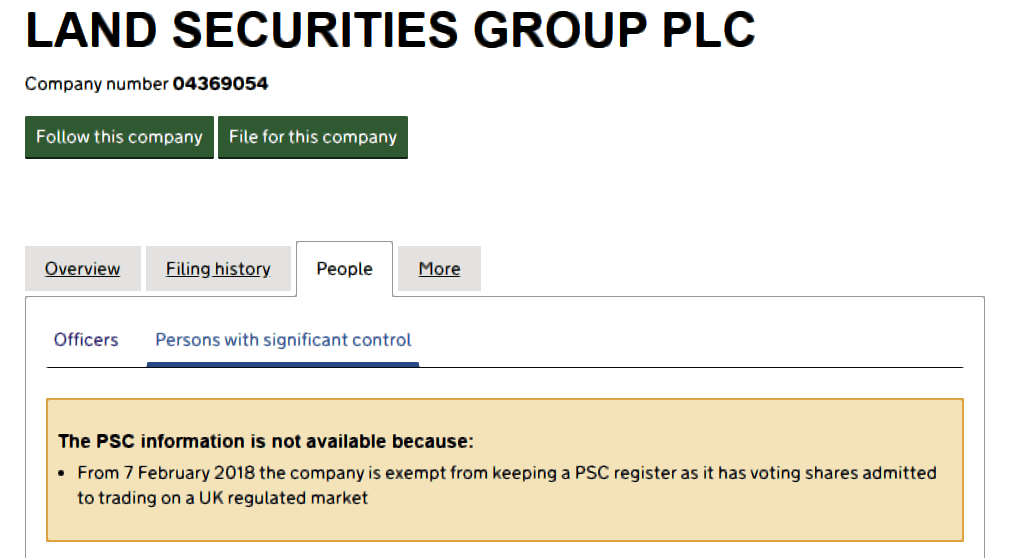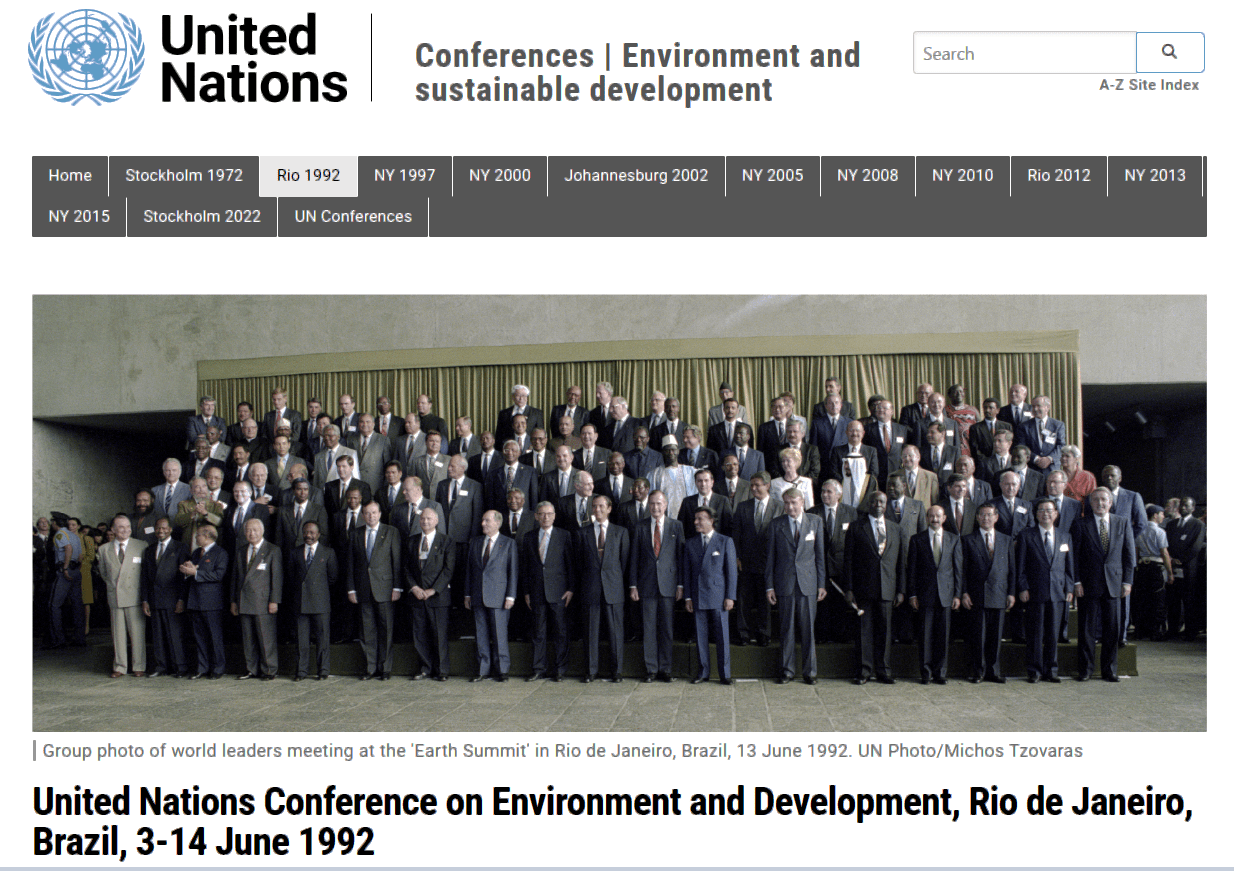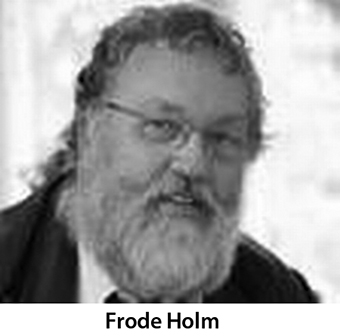![]() There’s a gathering of envirogrifters on February 4 at the Pierhead Building in Corruption Bay. Here’s an invitation from Daniel Lock of Nature Service Wales, a newish outfit and local branch of the scarcely older Food, Farming & Countryside Commission (FFCC).
There’s a gathering of envirogrifters on February 4 at the Pierhead Building in Corruption Bay. Here’s an invitation from Daniel Lock of Nature Service Wales, a newish outfit and local branch of the scarcely older Food, Farming & Countryside Commission (FFCC).
Reminding us that ‘environmentalism’ sees new groups spring up almost every day, proliferating like maggots on a corpse. That’s because ‘the environment’ nowadays is a great investment opportunity, just like the ‘climate emergency’. As a result, the toad-savers are now regularly rubbing shoulders with ‘investors’.
◊
DIFFICULT TO KEEP UP
As I suggest, its Welsh arm is new, and FFCC itself was officially formed in April 2020. Though it certainly existed before that date.
The guiding light seems to have been Sir Ian Michael Cheshire, chair of ‘green’ Land Securities Group. He left FFCC in July ’24.
Landsec is, according to Wikipedia, “the largest commercial property development and investment company in the United Kingdom“. Companies House can’t tell us who owns holding company Landsec Securities Group Plc, but the Financial Times throws up some familiar names, with two BlackRock companies jointly owning 10%.

But back to the Food, Farming & Countryside Commission.
If we trace back a little further we find that FFCC was incubated by the Royal Society for the Encouragement of Arts, Manufactures and Commerce (RSA).
I know this because I came across it by a roundabout route – in the Linkedin profile of former Labour Assembly Member and minister Jane Davidson. From which the extracts below come.

This link between Jane Davidson and FFCC is confirmed by this page from the FFCC website. Which tells us that in September 2021:
After three years, Jane Davidson is stepping down as Chair of the Food, Farming and Countryside Commission’s Wales inquiry.
The link is further confirmed by this mention on the RSA website.
The article informs us Davidson was succeeded by another Corruption Bay insider in the form of Chris Nott, senior partner at Capital Law, one of the ‘Welsh Government’s favourite firms.
The sequence seems to be that Jane Davidson became a Fellow of the RSA at the start of 2014. Before the year is out she’s chair of the RSA’s Welsh Advisory Board. In November 2017 the RSA launched the FFCC. Then, Nature Service Wales was set up in the second half of 2023.
The suggested timeline is partly confirmed by this piece by Abergavennyshire ‘farmer’ Sue Pritchard. Who became chief executive of FFCC following her involvement in the RSA incubation period.
Her Linkedin profile also tells us she attended very expensive Atlantic College. Like the daughters of Stephen Kinnock, Labour MP for Aberavon. Whose wife, former Danish PM, Helle Thorning-Schmidt, is coining it from wind turbine going up all over Wales.
Davidson herself was privately educated at Malvern Girls’ College.
It don’t matter from which angle you come at it, you soon realise the proselytisers of the climate scam, and the ‘mass-extinction-around-the-corner’ crew, belong to the middle class going through one of its periodic fits of ‘Isn’t it ghastly!‘
∼
I shall return to the FFCC and the Wales Nature Service at a later date, but for now I’m going to concentrate on the ubiquitous and very influential Jane Davidson.
◊
JANE DAVIDSON AND FRIENDS
It’s amazing how many entries you can find when searching the internet for ‘Jane Davidson’. An interesting one I turned up is an event she attended last year organised by the School of International Futures (SOIF) which is:
a global non-profit transforming futures for current and next generations
But she wasn’t lonely. For also there was the former Future Generations Commissioner for Wales, Sophie Howe; and her successor in that post, another Labour stalwart in the form of Derek Walker.
So we had three Labour insiders on the same jolly.
SOIF is organising another get-together of the hand-wringers this year at Lainston House in Wiltshire. But it don’t come cheap . . .

I wonder who’ll be there from Wales.
Among the SOIF funders we find the UN, the WHO and – it should go without saying – George Soros’s Open Society Foundations. Fitting in a way, seeing as Davidson, Howe, and Walker, are all linked to Coleg Soros in Talgarth.
Where, among the funders, is the A Team Foundation. In its latest accounts this lot explains its donation thus:
Black Mountains college curriculum challenges the basis of our destructive economy.
Yeah, we gotta do away with this “destructive economy” . . . that’s provided us with homes, jobs, cars, cheap energy, regular holidays. Let’s swap it for a future in which the only jobs will be for Davidson, Howe and their friends telling us what we can’t have, and what we can’t do.
And they’ll be funded by those who’ve grown rich from dispossessing 99% of us – but it’ll all be done for our own good!
So look on the bright side . . .
Er, no; there isn’t one.
◊
WHO IS THE REAL JANE DAVIDSON?
If we refer back to her Linkedin page, we see nothing before 2000. That source begins with her appointment as Minister for Education, Lifelong Learning and Skills, after being elected to the Assembly in May 1999.
Though the important job was Minister of Environment, Sustainability and Housing 2007 – 2011. For the ‘environment’ is her true calling. Maybe her mission.
This BBC profile from September 1999 helps fill in some gaps. So let’s deal with the purely personal first. Not because I enjoy doing it but because Davidson has been so secretive about it. For example, never using her married name. Yet, thanks to the BBC, it’s in the public domain.
And the Beeb tells us she married Guy Roger George Stoate in January 1993. Stoate was a lecturer, and here he is in 2009 protesting at our Notional Assembly – where his wife was the Labour Member for Pontypridd!
I suppose that would be a good reason not to call yourself ‘Mrs Stoate’.
Since they moved west Guy has run a second-hand bookshop in Aberteifi, called Leafed Through. It’s a ‘community’ bookshop. Stoate and his bookshop are regularly in the local rags making donations to other ‘community’ groups.

(I can’t help thinking the Cambrian News missed a glorious opportunity there. Can’t you see the headline? – ‘Stoate gives monkey to badgers’.)
As luck would have it, Tom Kearney of the Ceredigion Badger Group was also in the Labour party . . . ’til last month, when he resigned over Starmer not being socialist enough. I’ve said it before, and I’ll say it again, the Labour party in rural Wales is almost entirely made up of middle class English interferers, more alien than the Tories ever were.
With too many of them running ‘community’ ventures in Welsh communities they know sod all about. Driven by the same belief in their superior organisational abilities that helped build the empire they now repudiate.
But back to Mrs Stoate.
Look again at the BBC profile and let me direct you to the gap from 1996 until the first Assembly elections in May 1999. Was she working her Ponty constituency, even before Labour won the May ’97 general election and confirmed we’d be offered devolution?
If not, then what was she doing? Answers . . . post card . . .
But the bigger question is, when did she become the scheming zealot we see now, involved in everything; the ambassador for Agenda 2030 and the climate scam?
It may have begun when she attended the Rio Earth Summit in 1992, where she claims to have experienced a “damascene moment“, according to this piece from the Sustainable Brands (SB) website (scroll down) following a 2017 conference in Copenhagen.

That article is interesting for two main reasons.
It tells us Jane Davidson bought into the climate scam over three decades ago.
But she had to be in Rio for the ‘conversion’ to happen. So why was she there? Because at the time – according to her BBC profile – she was working as a researcher for the late Rhodri Morgan, then Labour MP for Cardiff West.
Surely Rhodri Morgan didn’t send her? I can’t see that, especially as the House of Commons was sitting from 2 June 1992 to 16 July 1992 inclusive.

So why was she in Rio? And who paid for the trip? Again, answers . . . post card . . .
◊
CONCLUSION & RECOMMENDATION
I don’t necessarily trust Wikipedia, but here’s what it says about Jane Davidson.
She was minister for environment and sustainability in Wales from 2007 to 2011 where she was responsible for the Welsh Government agreeing to make sustainable development its central organising principle
And yet, “sustainable development” has such a positive ring to it. Surely, only a maniac intent on destroying the planet would not want it?
Well, yes; that’s how they want us to see it.
The problems come, first, with the realisation that the ‘danger’ the planet is facing is greatly exaggerated if not entirely imaginary, and the measures demanded to mitigate a manageable or non-existent threat are destroying economies and the lives of hundreds of millions of people.
And for reasons the zealots prefer not to discuss, it’s the West that’s suffering.
But the damage didn’t end when Davidson left the Assembly in 2011. For the SB article we looked at earlier tells us Davidson confesses to having written The Wellbeing of Future Generations (Wales) Act 2015.
As a Google AI overview puts it:
The Well-being of Future Generations (Wales) Act 2015 was a key starting point for Wales’s efforts to reduce its carbon emissions and transition to a net zero economy
Even though it wasn’t really the “starting point“, this legislation means that everything done in Wales must accord with the diktats of UN Agenda 2030.
Every economy-killing, cost-raising, poverty-increasing lunacy.
I am delighted to report that the party to which I belong is serious about repealing this legislation.

Davidson’s influence on political decision making didn’t end when she left the Assembly, nor with the passing of the Future Generations legislation. Because she never really left; she’s always there, sitting on this board, chairing that panel.
Giving her more political clout than anybody you’ve ever voted for.
One such position is chair of the Wales Net Zero 2035 Challenge Group. An unsavoury crew of bought academics, enviroshysters, assorted grifters, and fraudsters who might be banged up if they weren’t selling their duff products on behalf of ‘the planet‘.
The ‘findings’ of this crew will be even more damaging for Wales than what’s gone before. But we can’t afford any more of it.
If the wreckage of the Welsh economy and the collapse of our public services was treated as a crime scene, then Jane Davidson’s fingerprints would be everywhere. Which is why I consider her to be the most dangerous individual in the disaster that devolution has proved to be.
I say that because incompetence and stupidity are one thing (and found everywhere in devolved Wales), but what Davidson and her kind are doing is a deliberate and calculated attempt to de-industrialise and impoverish Wales in order to showcase our self-destruction to the rest of the world.
And so I say, Agenda 2030 and Net Zero must be rejected if our people are to have decent jobs; if they are to live in homes they were able to buy; in a country where public services work; where food is plentiful, cheap, and we aren’t told what we can eat.
This is the Wales we should demand for our children. Not the dystopian vision being offered by ‘environmentalists’, and used to enrich their corporate backers.
♦ end ♦
© Royston Jones 2025














